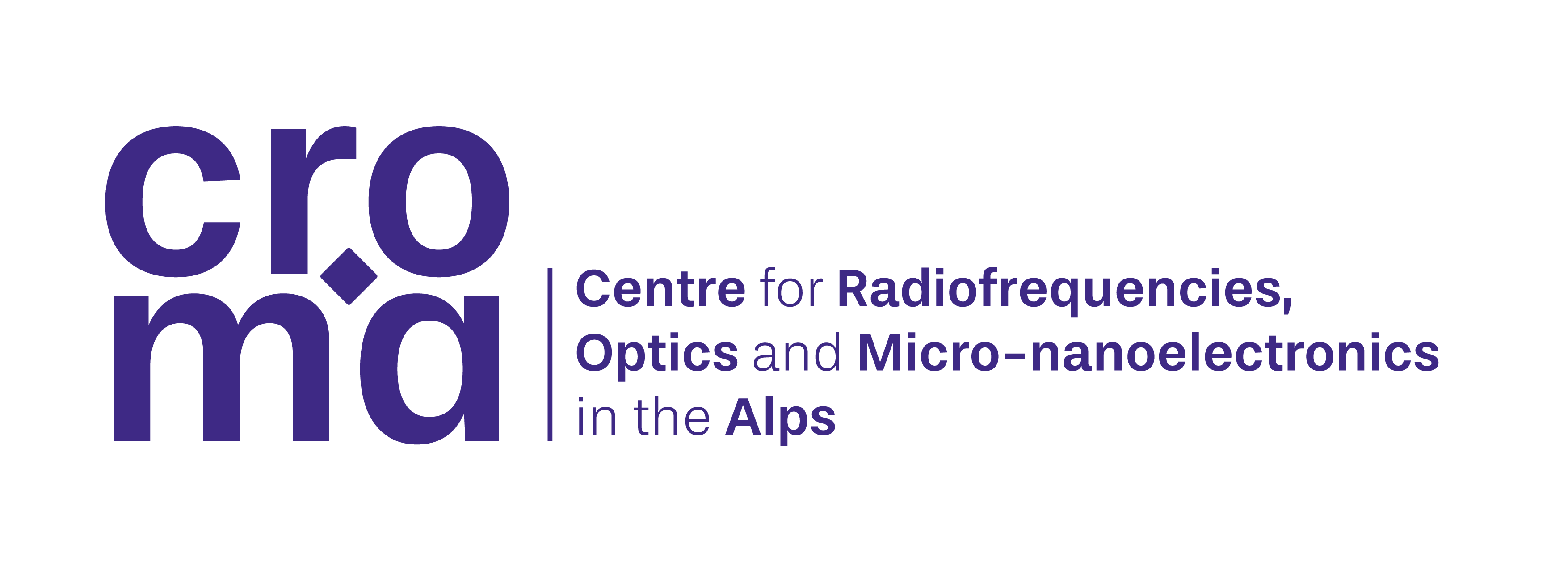TALENT: Intelligent Management of Mobility and Parking in Mountain Low-Density Heritage Cities
Published : 29 October 2025

CROMA Site Chambéry
Université Savoie Mont Blanc, Rue Lac de la Thuile Bat. 21
73370 Le Bourget du Lac Cedex – France
TALENT: Intelligent Management of Mobility and Parking in Mountain Low-Density Heritage Cities
Context:
Low-density heritage cities face unique challenges in vehicular mobility and parking management. These include uncontrolled tourist parking, lack of smart city infrastructure, and a lack of on-device AI solutions. The proposed solution uses real-time, distributed mobile sensing, on-device AI, and personalized driver recommendations and is created by developing innovative, cost-effective solutions tailored to the unique needs of historic urban environments. A case study in Covilhã addresses the city’s parking shortage and daily life disruption due to narrow streets, steep terrain, and aging infrastructure. A case study in Chambéry addresses the mountain’s parking shortage at sites such as Mont Revard and Dent du Chat. These structures offer complementary leisure activities in winter and summer, attracting many tourists to the Savoie Mountain landscape. The research aims to compare cultural heritage preservation-oriented mobility and parking strategies in Covilhã with those in Chambéry and the Savoie region.
Mountain towns face challenges in regional inequality, cultural preservation, and sustainability. These cities struggle with access to essential services, fewer economic opportunities, and youth migration. Their unique cultural heritage is at risk of being lost due to abandonment or uncontrolled modernization. Sustainability is crucial to preserve natural ecosystems and balance economic and social development. Emerging technologies such as 5G, IoT, and AI play a crucial role in optimizing city processes and solving structural challenges in mountain towns. To avoid reliance on server-based cloud solutions, which require reliable, high-throughput connectivity often difficult to implement in mountain districts, we employ a fully distributed ML solution implemented on portable hardware. Neuromorphic sensors and processors provide opportunities for electronic devices to combine AI and data acquisition in low-cost embedded systems. By bringing AI to the sensor edge through edge-AI, it becomes possible to give IoT more flexibility in energy management and decision-making.
Objective:
The project introduces an Internet of Things-based, non-invasive parking management system that uses microcontroller-based platforms to provide real-time parking availability and user “nudges” at key locations. The objectives of TALENT project are to examine how learning tools can address the specific challenges faced by European mountain low-density areas and propose innovative solutions tailored to the unique needs and constraints of these cities. The aim is to enhance mobility infrastructure, cope with varying demand peaks, optimize resource allocation, and promote sustainable development. Project steps are as follows:
- a. Data base extraction method using tourist center information, Météo Stat dataset (ie from Météo France), in site data measurements.
- b. Implement an AI model, trained from Tensorflow tools and methodology, into a hardware-friendly model. Flexibility, surface area, latency, memory consumption, energy efficiency, and reliability are addressed by this study. An STM32 (NUCLEO-N657X0-Q) and an FPGA (ICE40UP5K-B-EVN) implementation should be investigated.
Keywords:
mountain, sensor network, edge-AI, IoT.
Project Supervision:
CROMA laboratory is represented by Pietro M. FERREIRA, Full Professor at Université de Savoie Mont Blanc. Prof. FERREIRA has a research interest in microwave instrumentation, neuromorphic circuits, and ultra-low power solutions. Candidate will be to the tools and scientific methods of the research topic. Practical activities and real-world scenarios are planned, including microwave measurements, scientific writing, communication and public speaking, result quality, time management, and research project management.
Candidate Profile:
The candidate profile required for the project is a young professional pursing a master’s degree in Eletrical or Electronics Engineering, interested in the scientific field of embedded electronics, microwave, and AI. He/She must be motivated, passionate about research in a multidisciplinary field and an organized person using scientific methods. He/She must justify good academic tracks in maths and applied physics; an experience in design flow; linguistic competence in English (B2 written and spoken); linguistic competence in French is a plus.
Intellectual Property:
Being fundamental scientific research, this subject is not attached to any industrial project. Intellectual property will be promoted through scientific communications favoring the open science policy of the French government.
Bibliography:
10.3389/fnins.2025.1676570,
10.1109/MCAS.2022.3166331,
10.1109/MC.2019.2903009,
10.1109/JPROC.2014.2304638, 10.1109/SiPS52927.2021.00053,
10.1109/IJCNN52387.2021.9533927.




 Contact us
Contact us How to find us
How to find us









